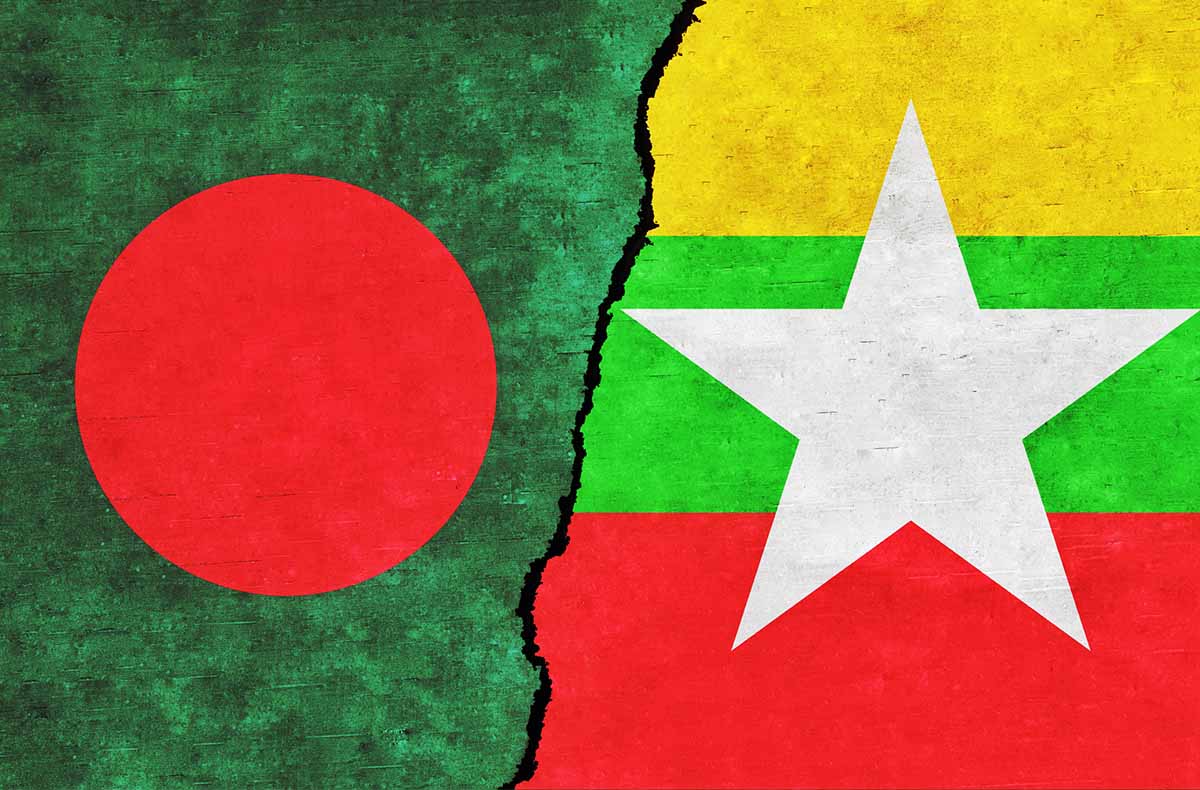
Israel, widely renowned as the largest and only true democracy in the Middle East, is burning. Mass protests have erupted in the streets of Tel Aviv, Jerusalem, and other cities, vehemently opposing the government’s proposed reduction of the supreme court’s power through judicial reforms. This incident marks one of the most significant challenges to Israel’s internal political stability since its establishment in 1948. As Israel is in trouble, it’s quite inevitable that its arch-rivals, particularly Iran, must take the most of its leverage.
Over the seven months of protest over Judicial overhaul, Tehran has been closely monitoring the situation. As recently as last week, a closed-door meeting lasting three hours took place, involving a senior commander from the Quds force, two Iranian officials, and representatives from the Palestinian Islamist group Hamas. Speculation arose as to whether Iran and its allies are on to capitalize on the situation with direct endeavors. However, an Iranian diplomat asserted that it is not likely to happen that way. He said that all allies agreed to refrain from “direct interference”, designating this could give Netanyahu an upper hand in quelling the protest and shift blame to foreign enemies.
Israel has long desired to contain Iran. It supposedly went well as Iran portrayed itself as an evil nation which earned Western sanctions including diplomatic backlash for many actions done by its regime. Lastly, Masha Amini, who was tortured and then killed over the hijab issue in government custody in Iran, sparked wildfire-like protests across the country. Israel had seized the opportunity, along with its Western partners who maintain bad blood with Tehran-funded protests. Now the chances have turned to Iran. Although Iran confirms it will not directly interfere in Tel Aviv’s internal turmoil, there are many reasons Tehran may do the same as Israel had done with its allies.
Iran has the potential to do something with the situation—if not overtly, then probably covertly—through the dangerous shadow war that Iran has been playing with Israel for decades. Amidst the turmoil, a video went viral showing Hezbollah, Iran’s Lebanese proxy, has patrolled outrightly on the Israel-Lebanon border. Hamas, the Palestinian rebel group, ran a meeting over the situation underway in Israel. As of now, it remains unclear whether these gatherings are merely routine events for these Islamist groups or if they hold a significant meaning that could potentially jeopardize Israel’s national security with a major blow. Ynetnews from Israel reported that Military intelligence has sent four letters to Netanyahu as a warning of dire security threats that may arise from the turmoil.
The most shocking blow for Israel is that its reservist military has expressed anger over the judicial amendments, threatening the government that they may stop appearing for military service. It will not just put pressure on Israel’s hard power approach over the region but it may for a span of time derail its focus on Iran which ultimately set back Tel Aviv’s efforts to stop Tehran from having nuclear weapons.
Israel is the most critical for the Iranian authoritarian regime. The irony is Tel Aviv is now walking down the same path, drowning its democracy and paralleling the status of Tehran. Many Middle East experts believe it will showcase Israel as a hypocritical nation, questioning its claim that Iran is the evil regime which is a threat to the world.
Netanyahu’s overhaul has already earned diplomatic counteraction. European partners of Israel—especially the UK, France, and Germany including the EU—showed concern over these judicial reforms. Even Israel’s closest ally, the US, has expressed discontent with this development. Thus, speculation arises that such reforms might potentially impact Washington’s unwavering military and economic support towards Israel, exposing it to existential threats from Iran and its allies.
With a diplomatic downfall, the economic relations with Israel’s partner nation may take a hit. Foreign investors may feel it risky to assume the future of the unrest, and thus may dwindle the potential investment. Eynat Guez, the CEO of Papaya Global, a tech firm, and an outright speaker against Netanyahu’s reforms told journalists, “No wealth holder will put money in a state where democracy is crumbling,” Additionally, earning a badge of an undemocratic nation may as well tarnish Israel’s image of external trade thus limiting its export earnings. This ramification may make Israel more vulnerable to Iran even economically.
In 2020, the Abraham Accord facilitated the recognition and normalization of relations between Israel and several Arab countries, namely the United Arab Emirates, Bahrain, Morocco, and Sudan. However, this time, Tel Aviv’s ambitious endeavor to create a significant coalition to isolate Iran may encounter setbacks, given that the UAE has already refused to partake in joint naval exercises under the Washington-Tel Aviv-led coalition. There is a possibility that Bahrain might also choose a similar path of non-participation.
Amidst the strategic calculations for the future of the Middle East Iran and Saudi Arabia, two major regional powers, have restored diplomatic ties. Additionally, Syria has rejoined the Arab League after twelve years of ostracism. These unexpected breakthroughs stand as a concern for Israel and its ambitions in the region. Hence, any ongoing turmoil within Israel will further exacerbate the plight, leading to internal and external challenges. Moreover, this situation has the potential to convince the Arab World that Iran holds true regional hegemony, possibly leading to a renewed sense of unity among Arab nations for their common interests. And it will only add fuel to Israel’s concerns.
Tehran and Tel Aviv have been sharing a hotbed for nearly half a century. If Iran is in trouble, Israel and its allies reap the most, while on rare occasions, if Israel encounters challenges, Iran seizes the opportunity. This covert rivalry is expected to continue in the foreseeable future, as the Middle East has been transforming into a realm where Western hegemony is gradually declining. China and Russia, including Iran, the most unorthodox practitioner of international politics, are filling this power vacuum left by Westerners. Moreover, Israel is grappling with an unprecedented constitutional crisis, which Iran sees as a chance to solidify its position as a more powerful regional dominance—a goal it fervently pursues. And it is evident that an internally split Israel will only serve to expedite Iran’s path toward its envisioned destiny.


